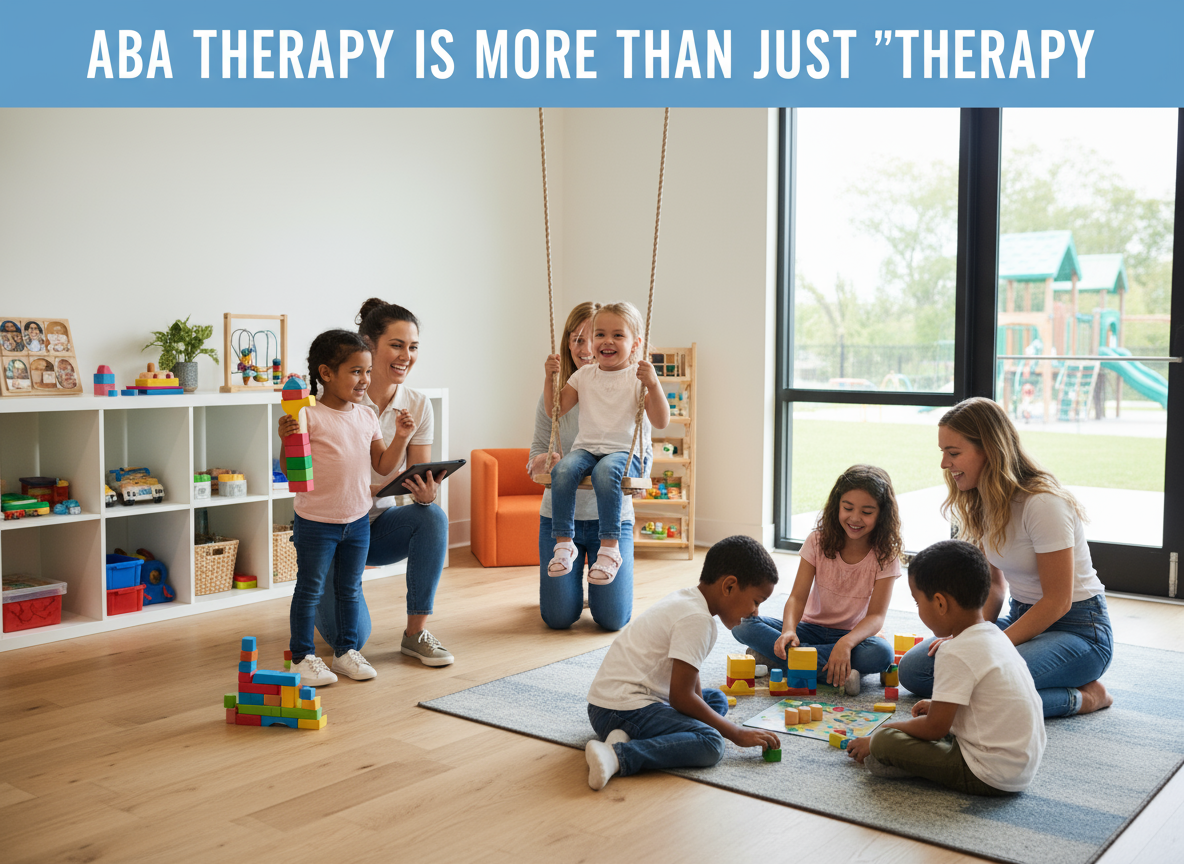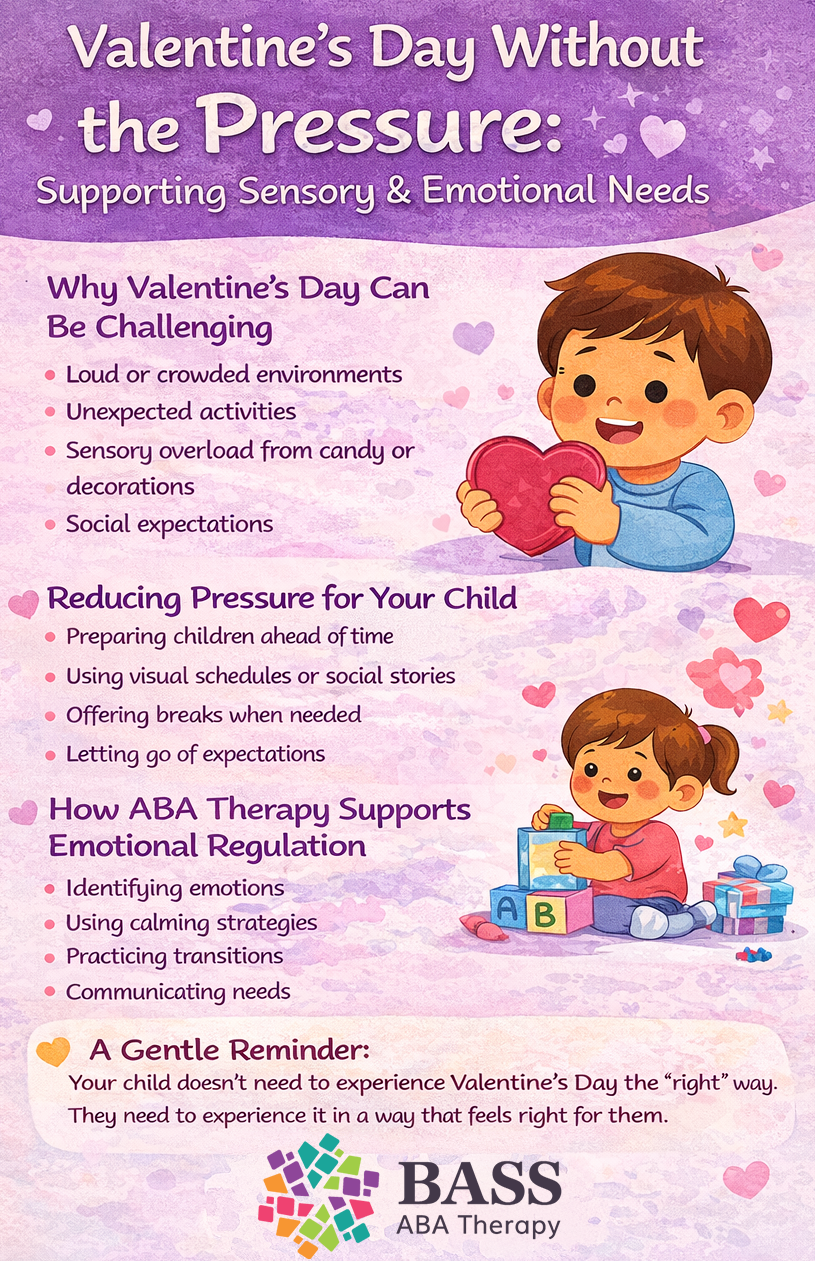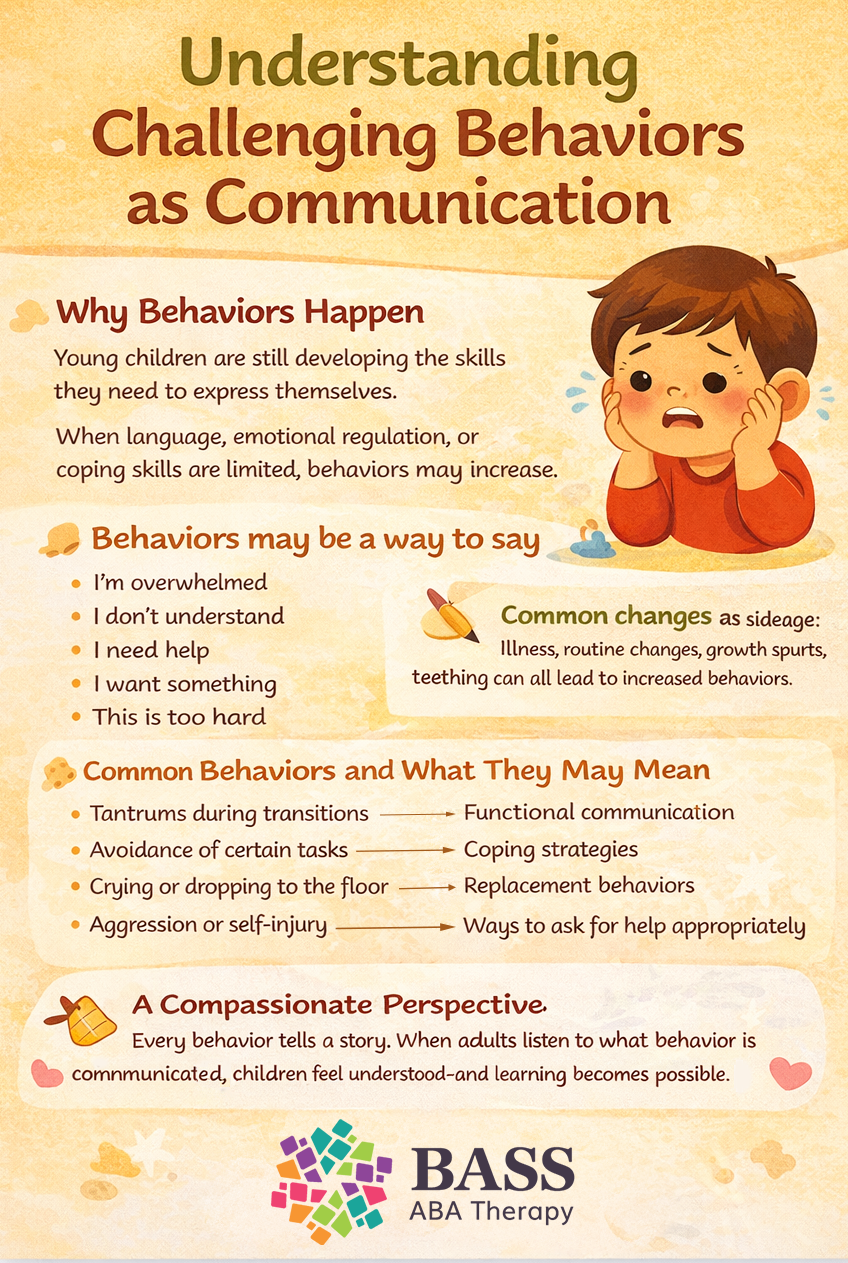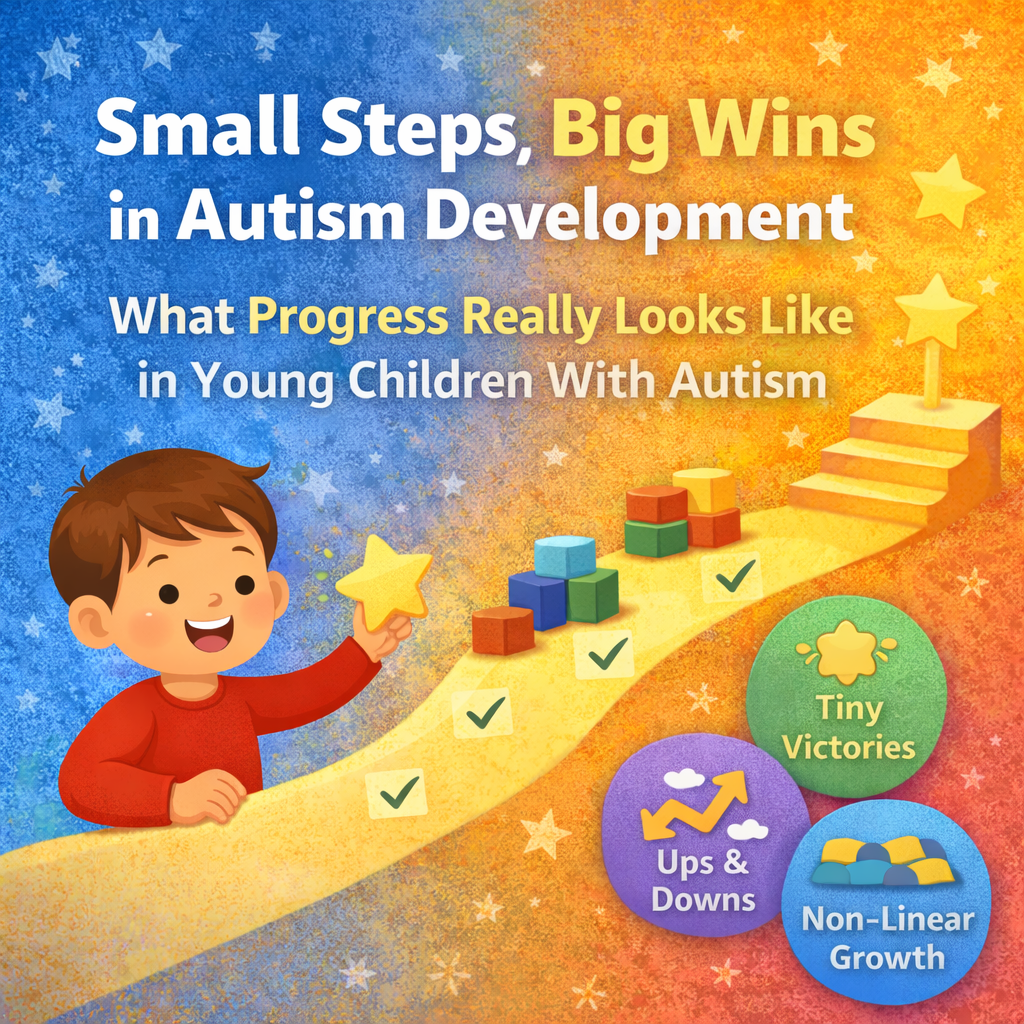
When families first hear about ABA (Applied Behavior Analysis) therapy, some think of it as a set of exercises or behavior drills. In reality, ABA is much more than that — it’s a lifelong foundation for learning, independence, and confidence.
For children with autism, especially those under 5, ABA therapy provides structured support that goes beyond addressing behaviors. It equips children with the skills they need to navigate the world, express themselves, and thrive in daily life.
🌟 Building Skills That Empower
ABA therapy focuses on individualized goals that match each child’s needs. Some of the key areas include:
Communication Skills: Learning to express wants, needs, and emotions, whether through words, gestures, or visual supports.
Social Skills: Practicing sharing, taking turns, and interacting with peers and family.
Daily Living Skills: Gaining independence in routines like dressing, eating, and personal care.
Emotional Regulation: Developing strategies to cope with frustration, transitions, or sensory overload.
Each small success helps children feel capable and independent, building confidence that extends far beyond the therapy room.
🧩 Turning Challenges Into Achievements
ABA therapy doesn’t just correct behaviors; it teaches children how to succeed. Children learn that they can:
Try new things without fear of failure
Communicate their needs effectively
Handle changes in routine with support
By turning everyday challenges into opportunities for learning, children gain a sense of accomplishment that fosters self-esteem and resilience.
👨👩👧 The Role of Families
Parents are an essential part of this journey. ABA therapists work closely with families to reinforce learning at home, celebrate successes, and model strategies that children can generalize across environments.
When parents see their child gain confidence, whether it’s speaking a new word, trying a new activity, or sharing a toy, it’s a reminder that ABA therapy is not just therapy, it’s a collaborative process that empowers the whole family.
💛 Confidence for Life
The ultimate goal of ABA therapy is more than teaching skills, it’s building capable, confident children who feel understood and supported. Every new word, gesture, or accomplishment is a step toward independence, self-assurance, and joy.
ABA therapy is a path, not a quick fix, and when families and therapists work together, it can transform a child’s world. By focusing on strengths, celebrating progress, and fostering independence, ABA therapy gives children the confidence to explore, learn, and thrive.



